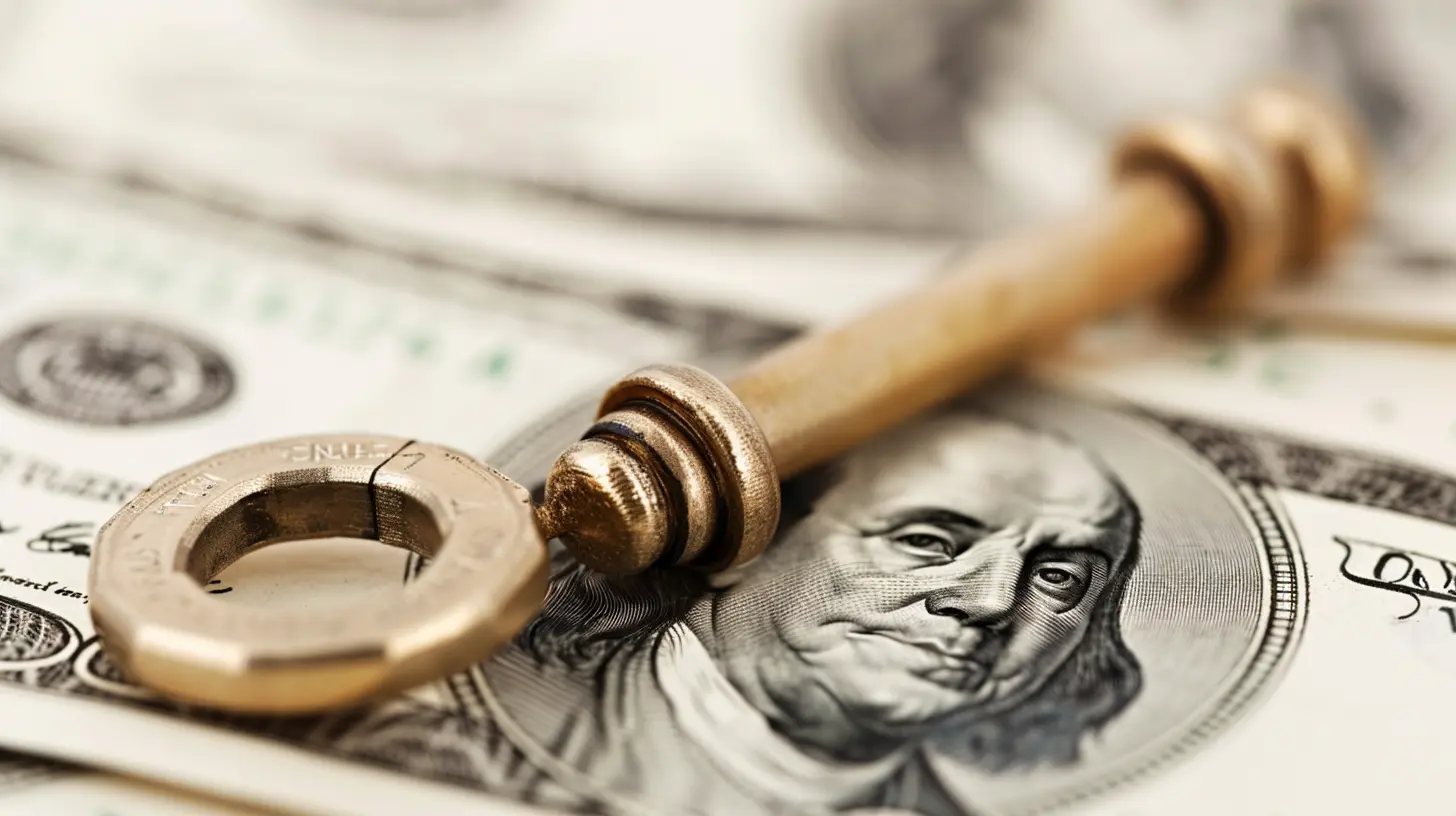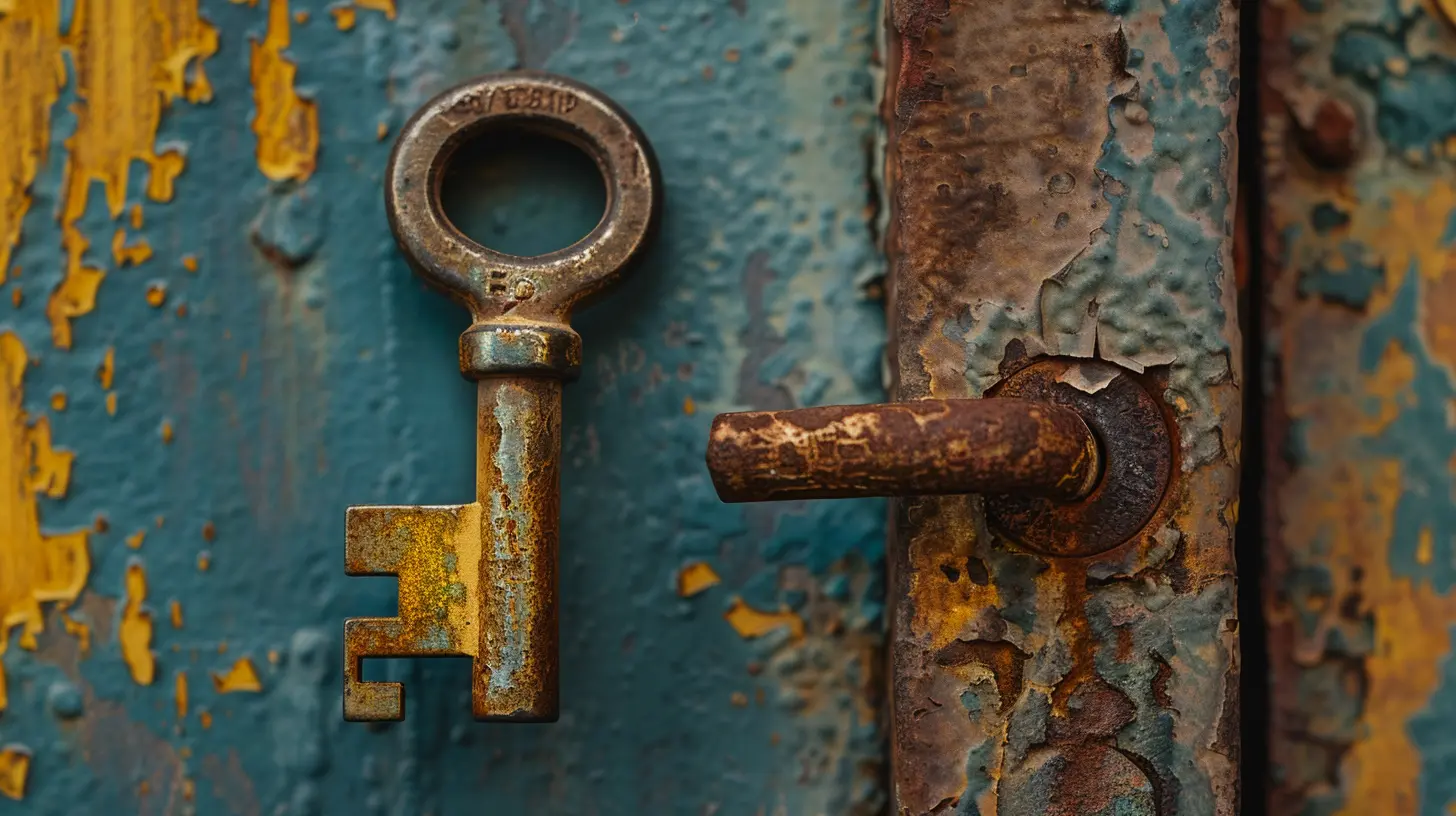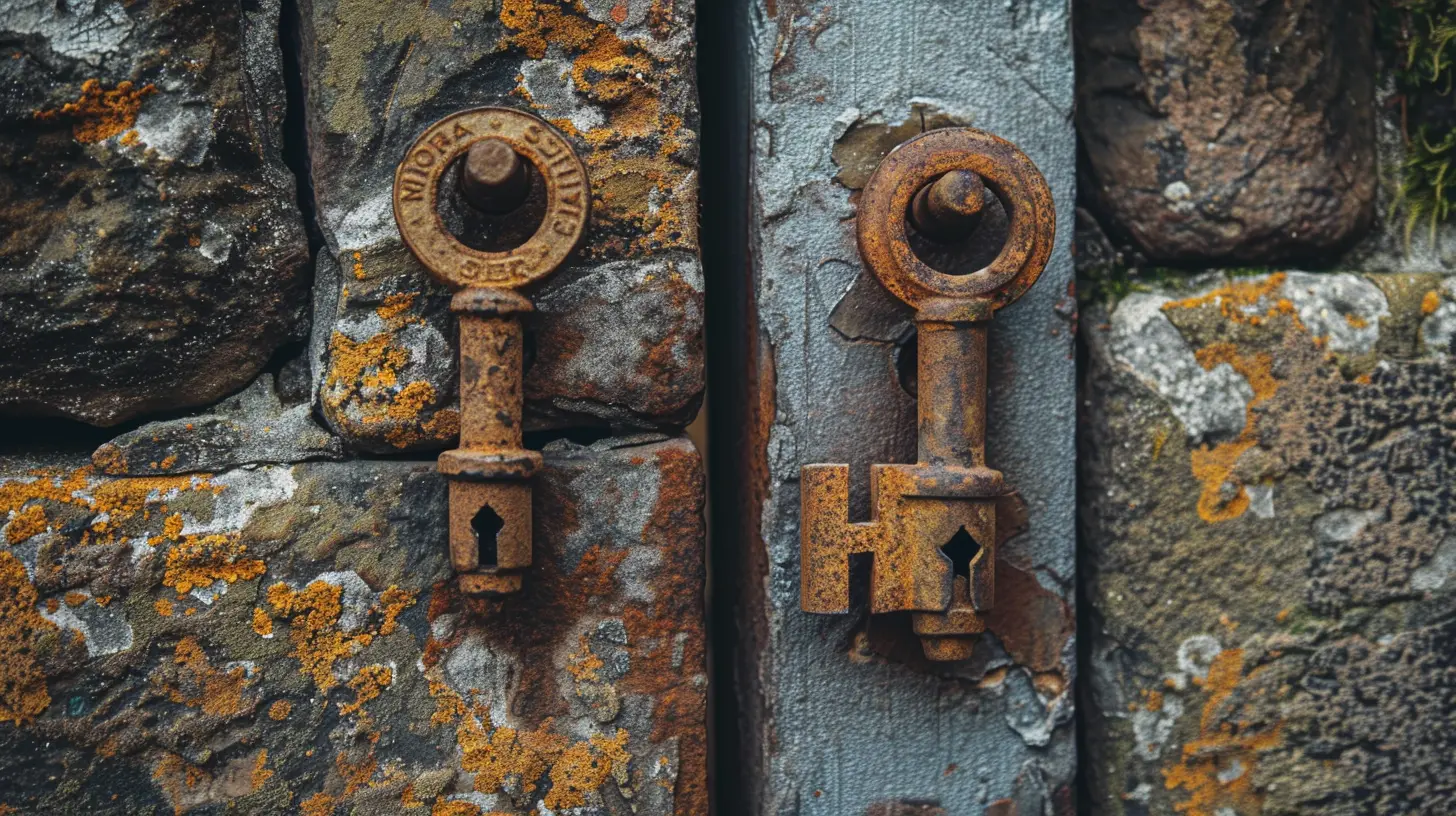The Role of Security Deposits in Lease Agreements
12 November 2025
Renting a home is a pretty big deal—you’re essentially choosing your next safe haven, your cozy little corner of the world. But before you kick back and start planning your furniture setup, there’s something you’ll hear about right away: the security deposit.
Ah yes, that lump sum of money that makes you wonder, "Why do I have to hand over extra cash when I’m already paying rent?" Well, my friend, that’s exactly what we’re going to talk about today.
Security deposits play a vital role in lease agreements, protecting both landlords and tenants. Whether you're a first-time renter or a seasoned pro, understanding how security deposits work can save you a lot of headaches (and possibly some money) down the road. 
What Is a Security Deposit Anyway?
A security deposit is a sum of money a tenant pays to their landlord before moving into a rental property. Think of it as a financial safety net—if things go sideways, the landlord has a bit of cushion to cover damages or unpaid rent.In most cases, this deposit is refundable, which means if you leave the place in good condition and pay your rent on time, you’ll get your money back when your lease ends. Sounds fair, right? 
Why Do Landlords Require Security Deposits?
Let’s be honest—landlords aren’t just sitting around twiddling their thumbs, trying to find ways to make tenants fork over extra money. Security deposits serve a real purpose.1. Damage Control (Literally)
Accidents happen. Maybe you accidentally put a hole in the wall while trying to hang that massive framed poster of your favorite band. Or perhaps your pet mistook the carpet for a chew toy. The security deposit ensures that landlords aren't left covering the repair costs.2. Unpaid Rent Protection
Sometimes, life throws unexpected financial curveballs, and tenants can't make their rent payments. The security deposit acts as a safeguard, helping landlords recover at least some of the money owed to them.3. Encourages Responsible Renting
When tenants know they have money on the line, they’re (hopefully) more likely to take care of the property. It’s like knowing you have to return that borrowed book in good condition—unless you want to pay for a replacement.
How Much Is a Security Deposit?
Now, this is where things get interesting. The amount of a security deposit isn’t set in stone—it varies depending on location, landlord preferences, and rental market conditions.Generally speaking, security deposits range from one to three months' rent. Some states even have laws capping the maximum amount a landlord can charge. Before signing your lease, it’s always wise to check local regulations to ensure you’re not being overcharged.
Oh, and if you’re renting a furnished place? Be prepared to pay a little extra. After all, landlords want to ensure their fancy couches and coffee tables don’t end up looking like they survived a hurricane. 
Can Landlords Deduct from Your Security Deposit?
Absolutely—but they can’t just pocket your money for no reason. Here are some common reasons a landlord might deduct from your deposit:- Property Damage – We’re not talking about normal wear and tear (like faded paint or minor scuff marks). We're talking about holes in the walls, broken windows, or water damage from that time you left the bathtub running too long.
- Unpaid Rent or Fees – If you skipped out on rent or left unpaid utility bills, your deposit might be used to cover those costs.
- Cleaning Costs – Some landlords require the unit to be returned in the same clean condition it was given. If you leave behind a mess that looks like a tornado swept through, expect a deduction.
What Can't Be Deducted?
Landlords can’t charge you for normal wear and tear. That means minor dings, slightly worn carpets, and faded wall paint are off-limits. If you ever feel like you’re being unfairly charged, check your lease agreement and local laws—you might have legal ground to fight it.How to Get Your Security Deposit Back (Without a Fight)
Getting your deposit back is not as hard as you might think—if you play your cards right. Here’s how:1. Document Everything From Day One
Before unloading your moving boxes, take photos and videos of the entire place. If you notice damage that was already there, notify your landlord immediately and make sure it’s documented. This prevents them from blaming you later.2. Leave the Property in Good Condition
Treat your rental like you own it. Fix minor damages, clean thoroughly, and check your lease to see if any specific cleaning tasks are required before moving out.3. Give Proper Notice Before Moving Out
Most leases require tenants to provide advance notice before moving out (usually 30 or 60 days). If you forget and leave suddenly, your landlord might have the right to withhold part of your deposit.4. Request Your Deposit in Writing
When you're ready to move out, ask for your security deposit back in writing. Some states require landlords to return the deposit within a certain timeframe (often 30 days).What Happens If Your Landlord Refuses to Return Your Deposit?
So, you left the place spotless, paid all your bills, and followed all the rules—yet your landlord is ghosting you when it comes to your deposit. What now?1. Communicate First
Sometimes it’s just a misunderstanding. Politely remind them via email or text that you’re expecting your deposit back.2. Check Your Lease & Local Laws
Your lease should outline the terms of deposit refunds. If your landlord is ignoring these terms, look up your state’s security deposit laws.3. Send a Formal Demand Letter
If you’re getting nowhere, send a written demand letter stating your request for your security deposit, citing any laws that support your claim.4. Take Legal Action
When all else fails, small claims court might be your best bet. It sounds dramatic, but if a landlord is withholding your money unfairly, you have every right to pursue legal action.Final Thoughts
At first glance, security deposits might seem like just another annoying fee. But in reality, they protect both landlords and tenants, ensuring that both sides uphold their responsibilities.If you're a tenant, the best way to ensure you get your deposit back is to treat your rental like it’s your own. And if you’re a landlord, make sure you’re transparent about deductions and follow legal guidelines.
Because, at the end of the day, everyone just wants a fair deal—and maybe a little extra peace of mind.
all images in this post were generated using AI tools
Category:
Lease AgreementsAuthor:

Cynthia Wilkins
Discussion
rate this article
1 comments
Sophia McKinstry
Great article! Understanding security deposits is essential for both landlords and tenants. It clarifies responsibilities and protects investments, ensuring a smoother leasing experience for everyone involved. Thanks for sharing!
November 16, 2025 at 6:00 AM

Cynthia Wilkins
Thank you for your feedback! I'm glad you found the article helpful in clarifying the importance of security deposits for both landlords and tenants.


